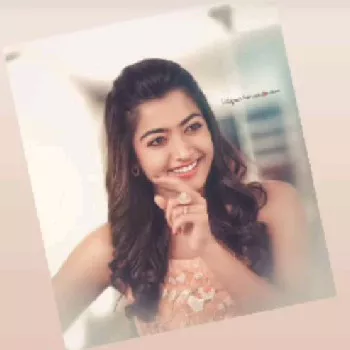Taylor Swift Success Story : part 2
A stellar performance at The Bluebird Café in Nashville helped Swift get a contract with Scott Borchetta's Big Machine Records. She released her first single, "Tim McGraw," in 2006, and the song became a Top 10 hit on the country charts. It also appeared on her self-titled debut album in October of that same year, which went on to sell more than 5 million copies. More popular singles soon followed, including "Our Song," a No. 1 country music hit. "Teardrops on My Guitar," "Picture to Burn" and "Should've Said No" were also successful tracks. Swift also received critical praise for her debut effort. She won the Horizon Award from the Country Music Association (CMA) and the Academy of Country Music (ACM) Award for Top New Female Vocalist in 2007. Swift next released Sounds of the Season: The Taylor Swift Holiday Collection that year. Her renditions of "Silent Night" and "Santa Baby" were modest hits on the country charts. Swift's third studio album, Speak Now (2010), spawned the two-timeGrammy Award-winning single "Mean". Her cross-genre fourth studio album, Red (2012), earned Swift her first Billboard Hot 100 number-one single, "We Are Never Ever Getting Back Together". Swift fully transitioned to pop music on her next studio album, 1989 (2014), which made her the first solo female artist to win the Grammy Award for Album of the Year twice. The album included three Billboard Hot 100 number-one singles, "Shake It Off", "Blank Space", and "Bad Blood". Preceded by her fifth U.S. number-one single "Look What You Made Me Do", Swift's hip hop-inspired sixth studio album, Reputation (2017), made her the first artist to have four albums each sell over one million copies in their opening week in the U.S. Its follow-up, Lover (2019), was the world's best-selling studio album of 2019. Swift incorporated indie...




